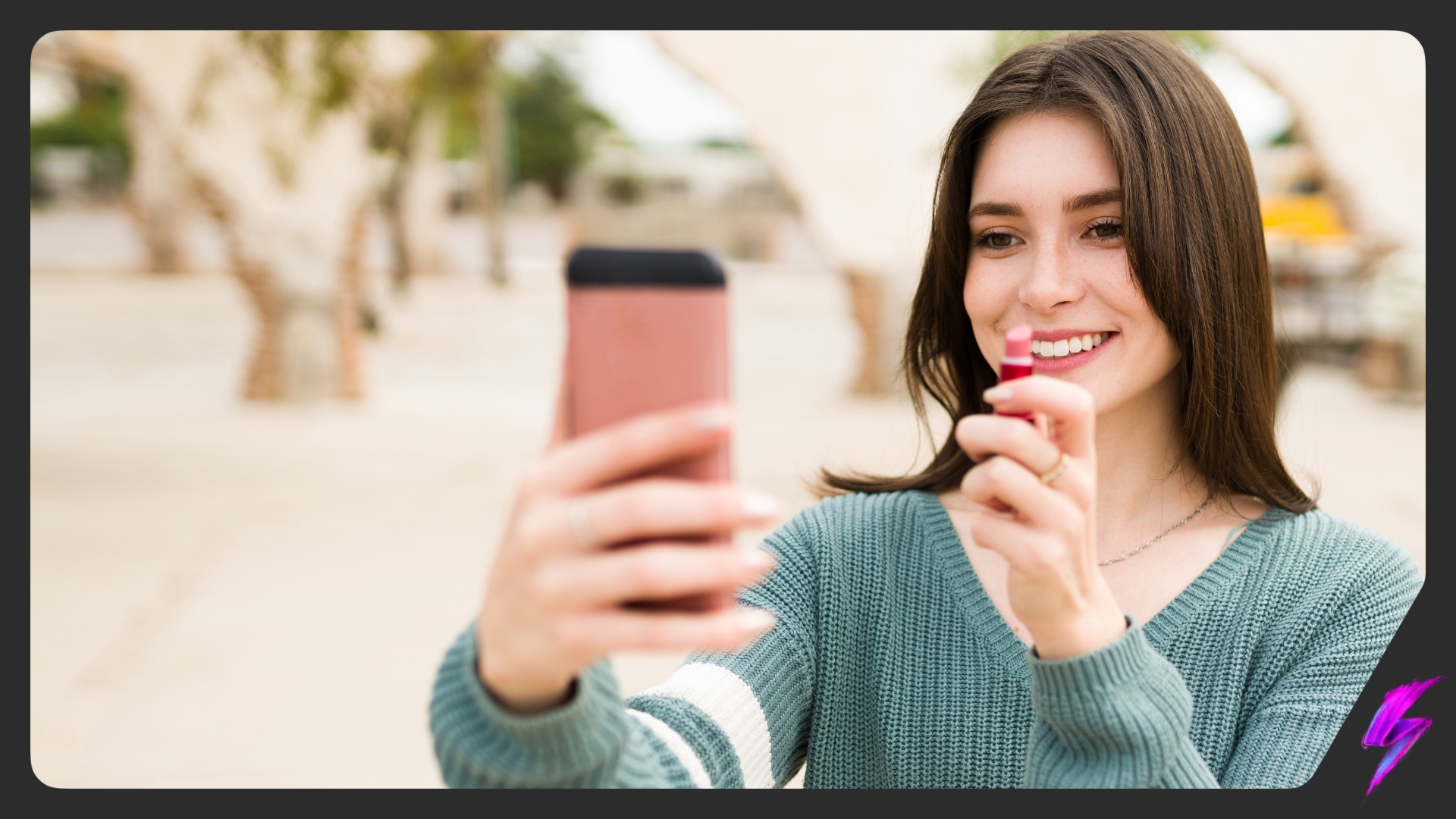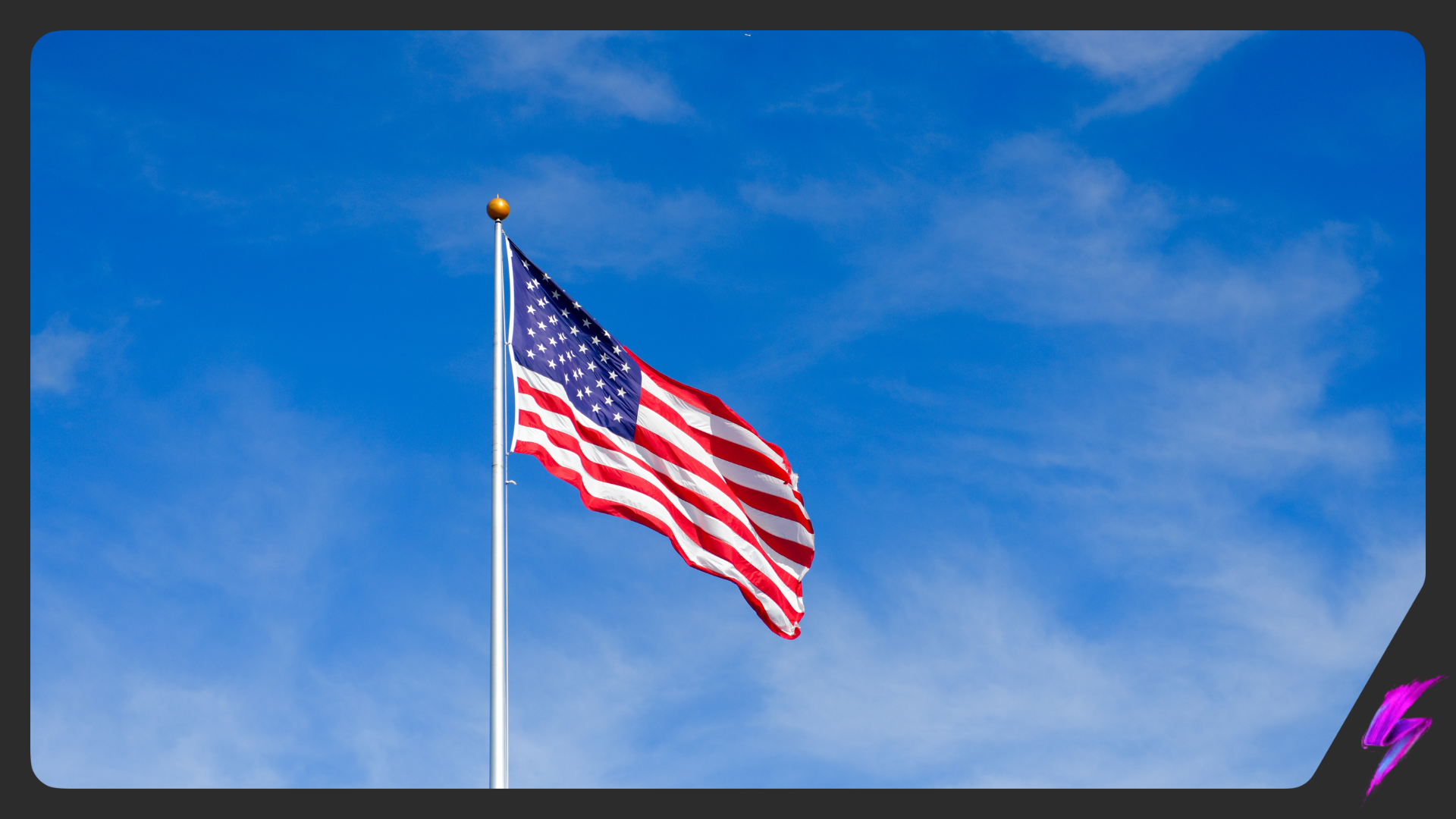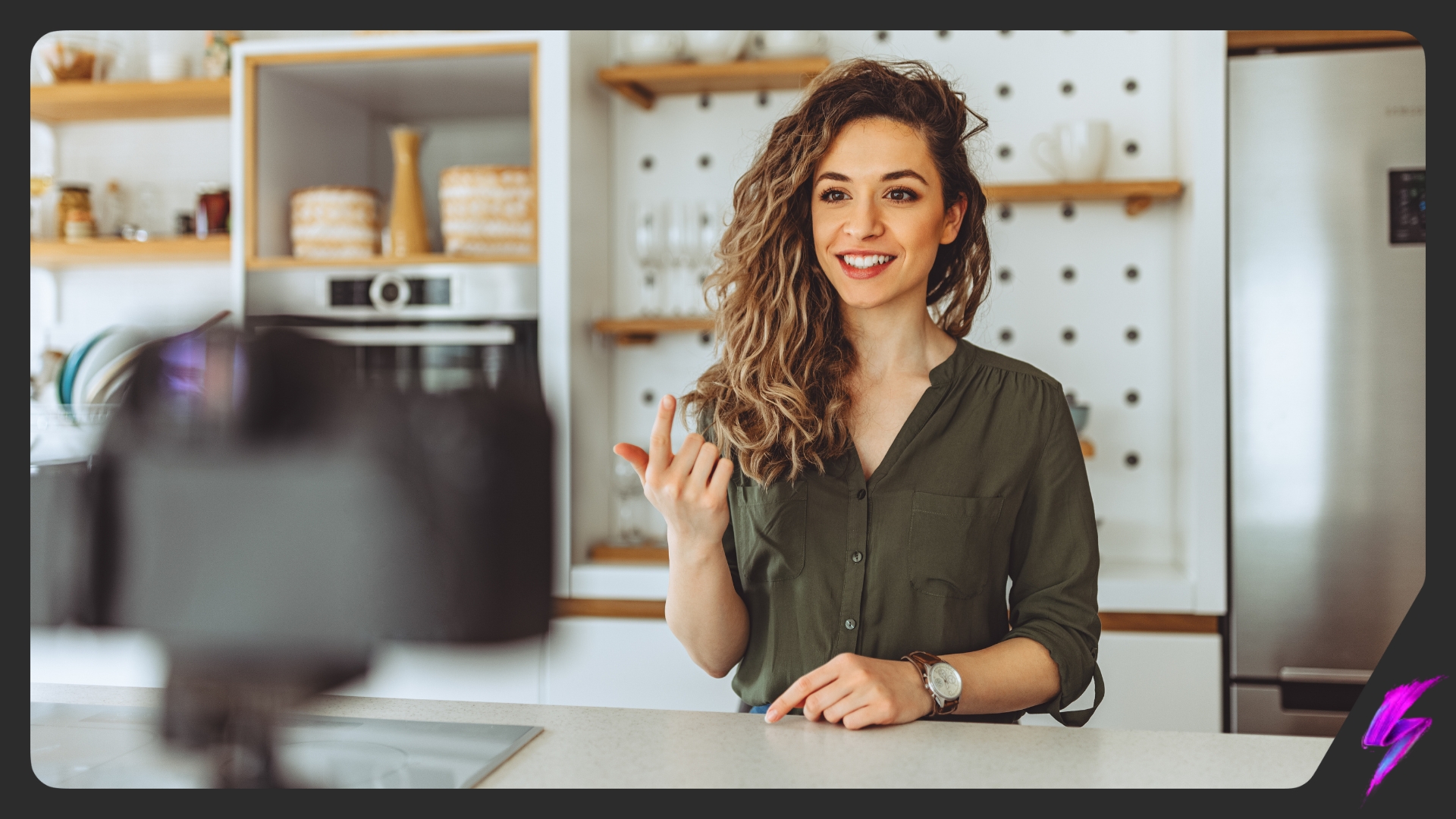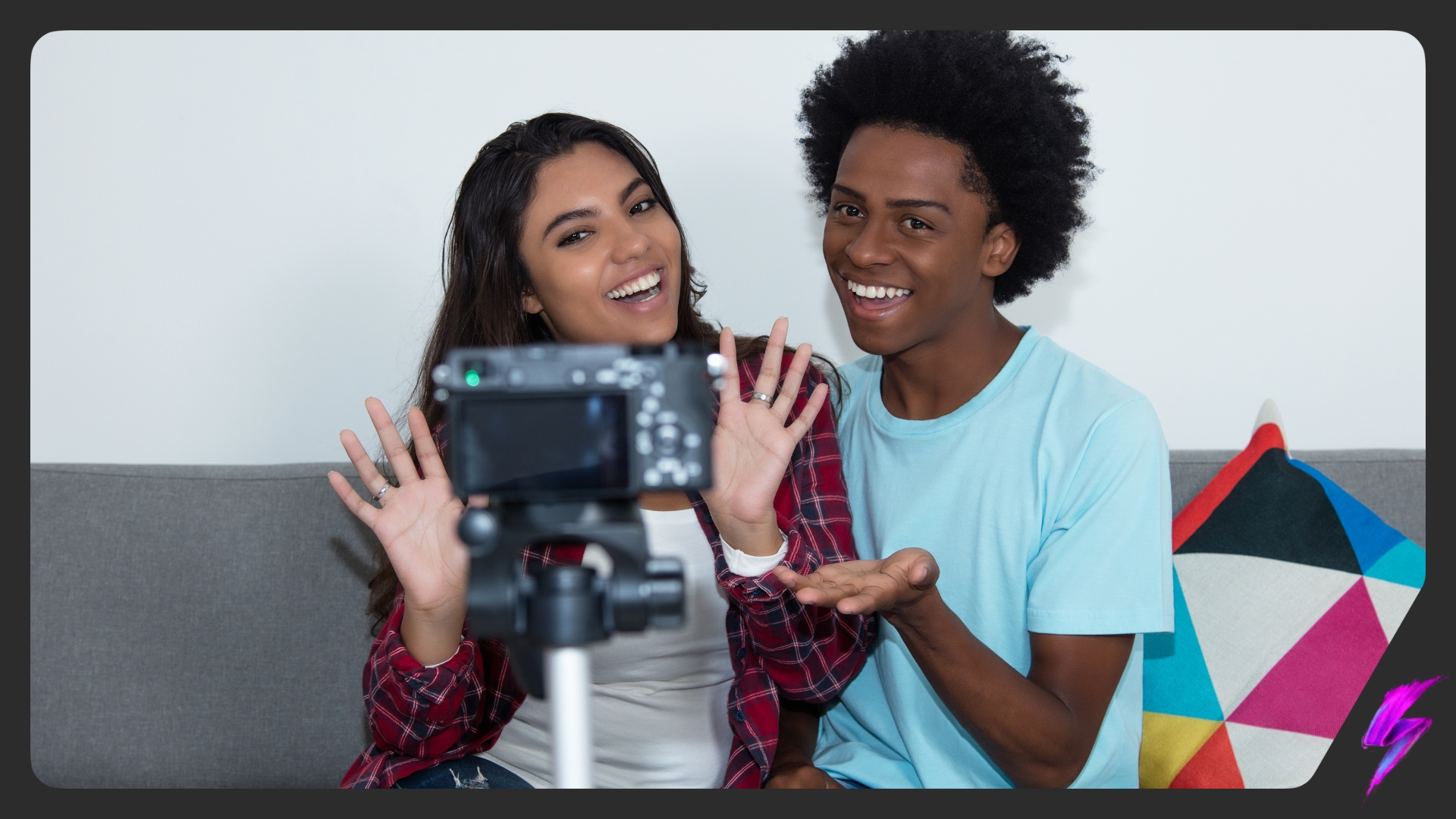The Influencer Marketing Statistics Driving Strategies in 2023
May 05, 2022
Marketing News
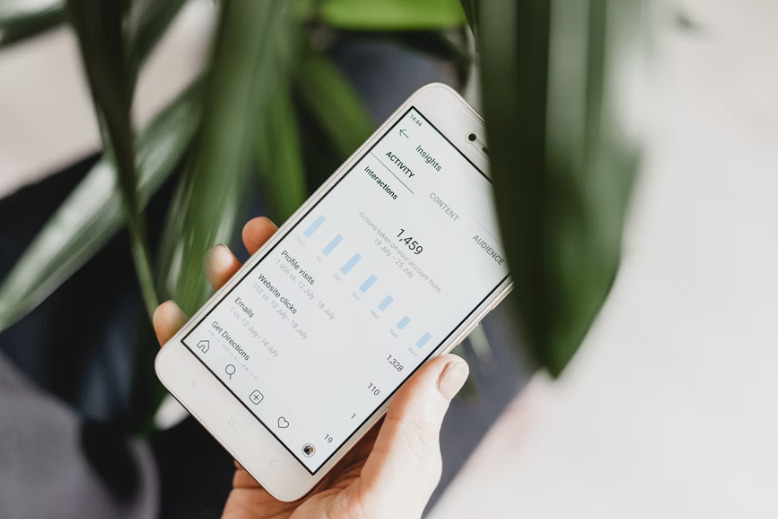
If you’re looking to drive successful influencer marketing strategies in 2023, there are some crucial influencer marketing statistics you must know.
Influencer marketing involves a collaboration between an influencer and a brand, often created with the intention of promoting, driving sales and increasing brand awareness, but can also achieve smaller goals such as increasing followers on a chosen social channel or adding new names to a subscription list.
This marketing strategy is far from new and many marketers have had a crack at it over the years, but while some have reaped exceptional results, others haven’t been quite as successful.
But why is this?
Knowing the landscape inside and out is imperative if you don’t want to be affiliated with the latter. Getting to grips with updated influencer marketing statistics can help you tailor your strategies to expand your reach, online.
Want to learn more?
Read on!
Influencer marketing landscape statistics
The influencer marketing industry reached $16.4bn in 2022
By the end of 2022, influencer marketing became a $16.4bn industry and shows no signs of slowing down. This growth is attributed to the increasing popularity of short-form video channels, like TikTok and Instagram, the effect of the pandemic and the optimisation of data collection.
Marketers will increase spending on influencers in 2023
Influencer marketing expenditure is expected to reach $4.6bn in the US alone, after growing to $4.14bn in 2022. Currently, 89% of marketers invest in influencer marketing and will continue to do so in the future.
More brands are opting to run influencer campaigns in-house
This is to better protect their reputation and ensure campaign effectiveness, should they fall victim to fake influencers who have infiltrated agencies.
This isn’t to say that hiring the help of an influencer agency is a thing of the past. They are still very much credible sources for information and help on influencer campaigns.
Tech developments will play a big role in influencer marketing
Traditional influencer marketing methods are likely to be affected by the surge of artificial intelligence. More brands are now leveraging new tech, such as AI, to identify new trends and strengthen collaborations with influencers.
On a similar note, we will see a rise in augmented reality elements in 2023, particularly within the B2B, B2C, gaming and education sectors.
50.7% of brands working with influencers run ecommerce stores
For businesses with ecommerce stores, influencer marketing tends to be a popular way to reach new customers.
Influencer-generated content performs better than branded posts
This is because 61% of consumers trust influencer recommendations, whereas 38% trust brand recommendations. 61% of marketers admit that influencer marketing content performs better and drives more engagement.
Brand ambassadorships will dominate the influencer marketing realm
This is because more companies are willing to adopt an always-on approach to influencer marketing, helping to establish their consistent presence across a range of platforms. Having said this, the majority of brands still see influencer marketing as campaign-based.
Personalisation is changing the face of influencer marketing campaigns
For a successful campaign, the influencer should be able to engage their audiences on a more human level, as consumers are more likely to respond to someone they deem relatable. For an extra level of security, it is important that marketers select influencers whose values align with theirs.
Brands will leverage more offline campaigns
To drive foot traffic, many brands will run offline influencer marketing campaigns, which will see influencers visit brick and mortar stores and post about their visit online.
Audience is still considered the most important when partnering with influencers
Brands prioritise the relationship an influencer has with their audience above anything else when choosing who to work with, as a good relationship is synonymous with being able to persuade.
68% of bloggers prefer to work directly with a brand than through an agency
Of 4,000 bloggers surveyed, more bloggers prefer to work with a brand, directly, than liaise with an agency or network.
Micro influencer statistics
More brands will leverage micro-influencers in their campaigns
Micro-influencers are good at minimising a campaign’s advertising cost per action and generating more impact per impression, thanks to their engaged audiences earning them an average engagement rate of 3.86%. It’s no wonder they are highly sought after in the influencer marketing realm. It is expected that micro-influencer marketing will outgrow traditional influencer marketing.
53% of micro-influencers have never paid to promote a post
The majority of micro-influencers have reached influential status on their own. Less than 10% have paid for Instagram native ads.
Working with micro-influencers is the biggest benefit
44% of marketers say that the biggest benefit of working with these influencers is that they are less expensive.
56% of marketers who invest in influencer marketing work with micro-influencers
These are the influencer marketing statistics which will change the shape of your campaigns for the better.
Influencer marketing statistics: UK
Google searches for “influencer marketing” grew by 400%
In the UK, searches for influencer marketing grew by 400% between 2016 and 2021. This is proof that there’s tons of interest in learning about influencer marketing!
44% of B2C brands planned to increase their influencer marketing budget
According to a survey which asked brands across Europe, 44% said they wished to increase spending, only 7% wished to decrease and 29% intend to keep it the same.
Lifestyle content was the most popular in 2020
At the height of the pandemic, lifestyle content reigned supreme as the most popular influencer category in the UK, followed by travel and food.
Platform-specific influencer marketing statistics
Instagram is the preferred social media platform for marketers
The majority of brands prefer to run their influencer marketing campaigns through Instagram, despite it having less monthly active users (1.3bn) than Facebook(2.89bn).
The rise of TikTok will soon challenge Instagram’s reign, as an Influencer Marketing Hub survey states that 45% of respondents have been using the platform for their influencer marketing campaigns.
72% of marketers ran a campaign through Instagram in 2022
This number is predicted to grow by 4.1% in 2023.
There were 3.8M posts tagged with #ad on Instagram in 2021
In addition to this, Statista found that 84% of the influencers creating these #ad posts are women.
Video ads are one of the top performing ad formats on Facebook
Video ads drive more engagement, particularly vertical video and mobile video formats.
Cross-channel campaigns are on the rise
In 2020, there were 8.4 accounts per person. As social media usage increases, it is imperative for brands to embrace a cross-channel approach when it comes to their influencer marketing campaigns.
For brands to stay relevant, they must create content that is tailored for each type of social media platform and work with influencers who specialise in that channel and are capable of engaging people in those digital spaces.
Instagram is still a viable avenue for finding new products and services
83% of Instagram users turn to the platform to find something new. After seeing posts with product information, 87% of users took a specific action – following the brand, visiting its website or even making a purchase.
Zara was the most mentioned brand on Instagram in 2022
With over 15,000 posts.
Netflix was the most mentioned brand on TikTok in 2022
With over 10,000 mentions in 2021 and now 23 million followers in 2022.
Nearly 40% of Twitter users say they’ve made a direct purchase as a result of an influencer recommendation
In addition, purchase intent increased 5.2 times when users were exposed to a brand and influencer Tweets.
6 in 10 YouTube subscribers would follow advice on what to buy from their favourite creators over their favourite movie or personality
This statistic clearly emphasises the difference between generations. It is vital that marketers recognise these differences.
In addition, teenage YouTube subscribers say they relate more to creators than traditional celebrities.
384 million people use Snapchat, daily
This makes it a highly viable influencer marketing channel.
As well as this, 4 in 10 Snapchat users claim that they discover brands thanks to Snapchat celebrity endorsements and online posts.
LinkedIn has 830 million users
According to Oberlo, 180 million are senior-level influencers: 57% male and 43% female. There are also 55 million companies listed on the platform, making it the second most popular B2B marketing platform, behind Facebook.
Here you have it, the top influencer marketing statistics that will help you drive successful influencer marketing campaigns in 2023!
FAQs
What are the influencer marketing statistics on the effectiveness of influencer marketing?
61% of consumers trust recommendations from an influencer, with Millennials and Gen Z being the most influenced of all generations. A survey conducted by Influencer Marketing Hub also states that 90% of respondents believe influencer marketing to be an effective form of marketing.
What is the current state of influencer marketing?
Influencer marketing statistics tell us that the industry is currently sitting at $16.4bn. 93% of marketers have now engaged with some form of influencer marketing and micro-influencers are shaping a newly formed industry for 2023, which can expect to see more cross-channel campaigns, higher budgets and more AR and AI implementations.
How is Influencer marketing growing?
Influencer marketing is growing through brands increasing their budgets for influencer marketing, brands running influencer campaigns in-house, social platforms expanding and gaining more users, a new group of influencers are available such as influencers, skinfluencers and more. Due to impressive influencer marketing statistics, more brands are learning the statistics about influencer marketing and are therefore willing to spend more money on influencer marketing, causing a growth.
What percentage of top brands are already using influencer marketing?
57% of companies are now using influencer marketing, such as Benefit and Boohoo utilising Tess Daly which resulted in her gaining millions of followers. 21% of brands are planning to add influencer marketing into their strategy in the coming year.
What is the average conversion rate for influencer marketing?
The average conversion rate for influencer marketing is 60%, with consumers purchasing a product if it is promoted by influencers.
Our Influencer marketing agency and Social agency are located worldwide, with our agency network based in the USA, UK, UAE and China.
If you want to receive our industry insights, visit our Influencer Marketing & Social Media blog.
@ Socially Powerful
[cta]
Popular Blogs
Most Popular Instagram Hashtags | Tiktok Hashtags | Instagram Monetization | Facebook Banner Size | Snapchat Influencers | Most Subscribed Youtubers | Best Time to Post on Youtube | UK Twitch Streamers | Female Twitch Streamers | Popular Tiktok Songs | Male Tiktok Influencers | Lgbtq Tiktok Influencers | The Rise and Fall of Clubhouse | Influencer Marketing on Clubhouse | LiketoKnowit | Pretty Little Thing Instagram| Top Social Marketing Agencies
Social And Influencer Marketing News + Insights
Get in touch
We'll show you how to start powerful conversation, drive social engagement, build your brand, hit sales targets or meet other goals you have, wherever you are in the world.
Work with us

